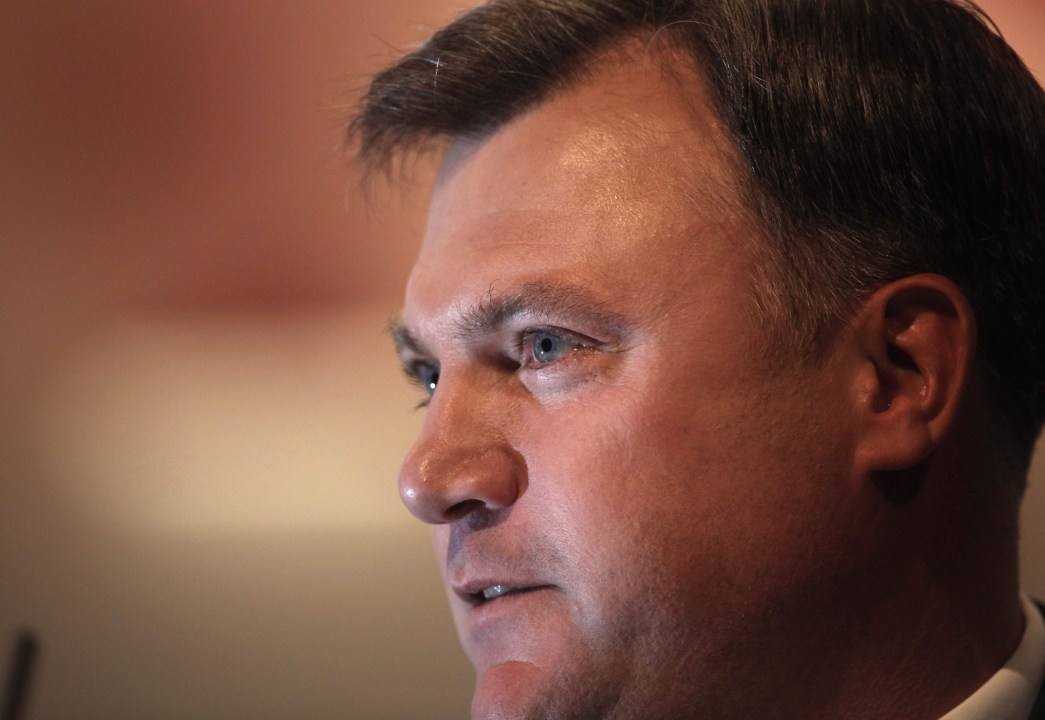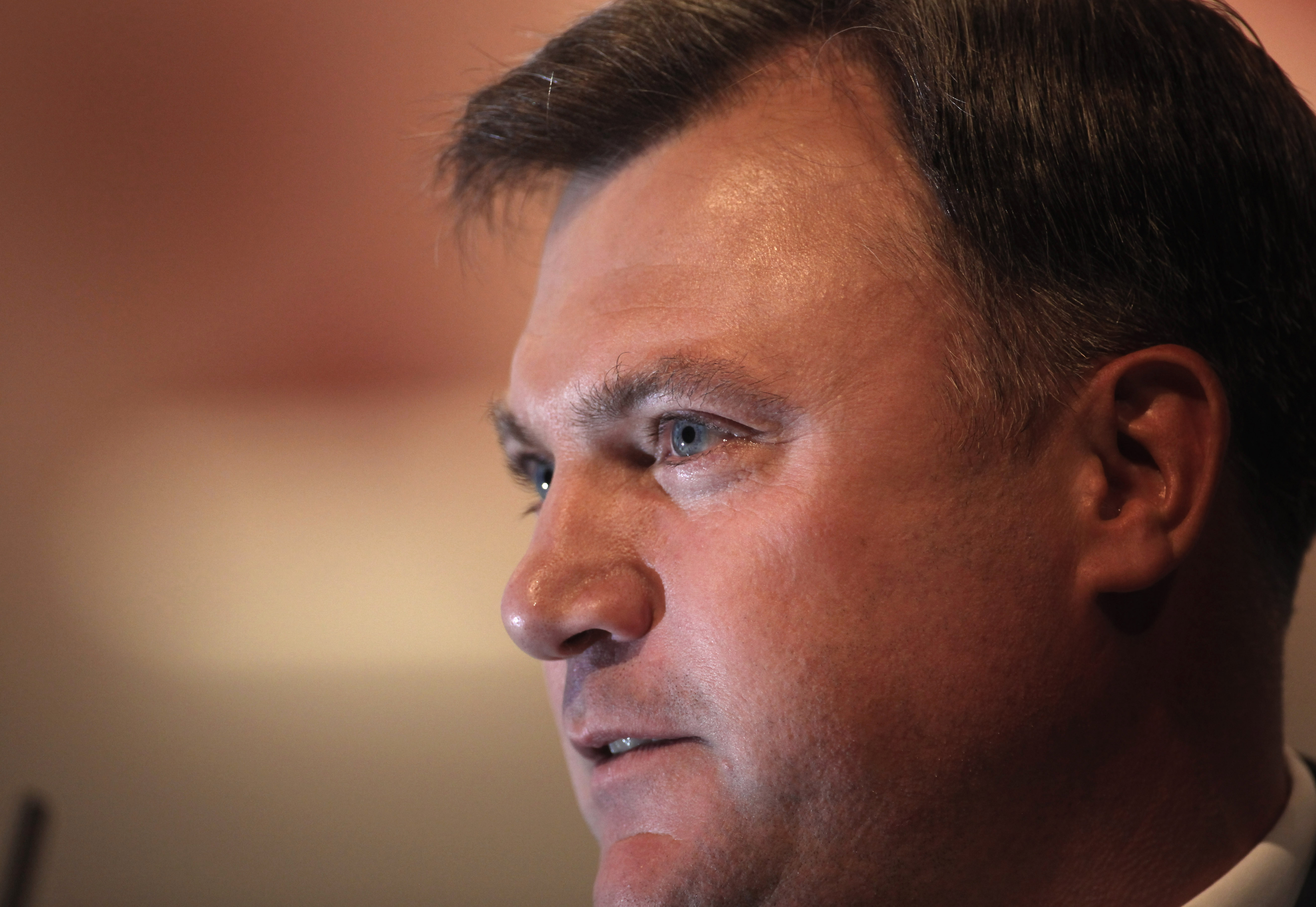 There are still two days and a couple of hours to go until George Osborne’s Pre-Budget
Report — but, already, we have a good idea of what will be said. The emphasis, beyond just plain ol’ jobs and growth, will be on combatting youth unemployment; helping smaller businesses; and
relaxing the squeeze on middle-income folk. Most of the measures either announced or suggested so far — from the Youth Contract to the credit easing scheme to the suspension of January’s fuel duty rise — fall into one of those compartments. Whether
they’ll work or not is a different matter entirely.
There are still two days and a couple of hours to go until George Osborne’s Pre-Budget
Report — but, already, we have a good idea of what will be said. The emphasis, beyond just plain ol’ jobs and growth, will be on combatting youth unemployment; helping smaller businesses; and
relaxing the squeeze on middle-income folk. Most of the measures either announced or suggested so far — from the Youth Contract to the credit easing scheme to the suspension of January’s fuel duty rise — fall into one of those compartments. Whether
they’ll work or not is a different matter entirely.
As for Labour’s response, they’re already making it — and I doubt anything in the actual Budget document, or the growth review, will change it much. It, too, appears to have three main components.
First up, there’s the female factor. Yvette Cooper has been arguing ever since Osborne’s first Budget that the deficit reduction programme is impinging more on women than on other groups — and there’s some truth in that, not least because women make up a greater proportion of the public sector workforce. (In which case, the same would probably have been true under Labour cuts, but Cooper won’t admit that, of course). But it’s striking just how much this attack has been reinforced across recent weeks. Cooper herself has written an article on the subject with her new tag team member, Rachel Reeves, for PoliticsHome today. Angela Eagle is providing them with support. And that’s before we get onto all the parliamentary questions that have probed and prodded the Tories’ women troubles recently. Labour have seen those opinion polls, and they’re keen to exploit the matter.
And then there’s the big g-word: growth. Ed Balls managed to restrain his flatlining hand gesture on Marr this morning, but he made his point nevertheless. Osborne is ‘in denial’, he said, about where the economy is headed; we need a Plan B to restore growth, etc, etc. For his part, the Chancellor pointed out that we’re seeing slow growth across the West, and much of it is attributable to the econopocalyse in the eurozone. But, even so, you can expect Balls to keep insisting that we’re being outperformed by other countries — and to attach to this our worrying youth unemployment numbers.
Finally, related to growth, are the public finances. Whereas this used to be a simple, if misleading, battle between the Tories’ ‘cuts’ and Labour’s ‘no cuts’, it has recently sprawled out beyond that. Labour’s new favourite argument — parroted by Chuka Umunna on Twitter this morning — is that, even with the cuts, Osborne’s fiscal forecasts are constantly going in the wrong direction. And, again, there’s some truth in that. As I highlighted yesterday, the absence of growth is feeding into the Treasury’s deficit and debt forecasts, pushing them ever upwards. But there are still plenty of Brownies scattered throughout Labour’s claims here. For starters, so far as we know, the deficit is still going down, year on year, during this Parliament. And, what’s more, when Labour refer back to the borrowing projections made in Alistair Darling’s last Budget, they are referring back to projections based on wildly optimistic growth figures. Borrowing would have been much higher than that under a Labour government, and they know it.
So there you go, CoffeeHousers: a quick overview of the main arguments that will be deployed on Tuesday. If you can think of any others, then do mention them in the comments section — and we might even get a game of Budget Bingo prepared.







Comments